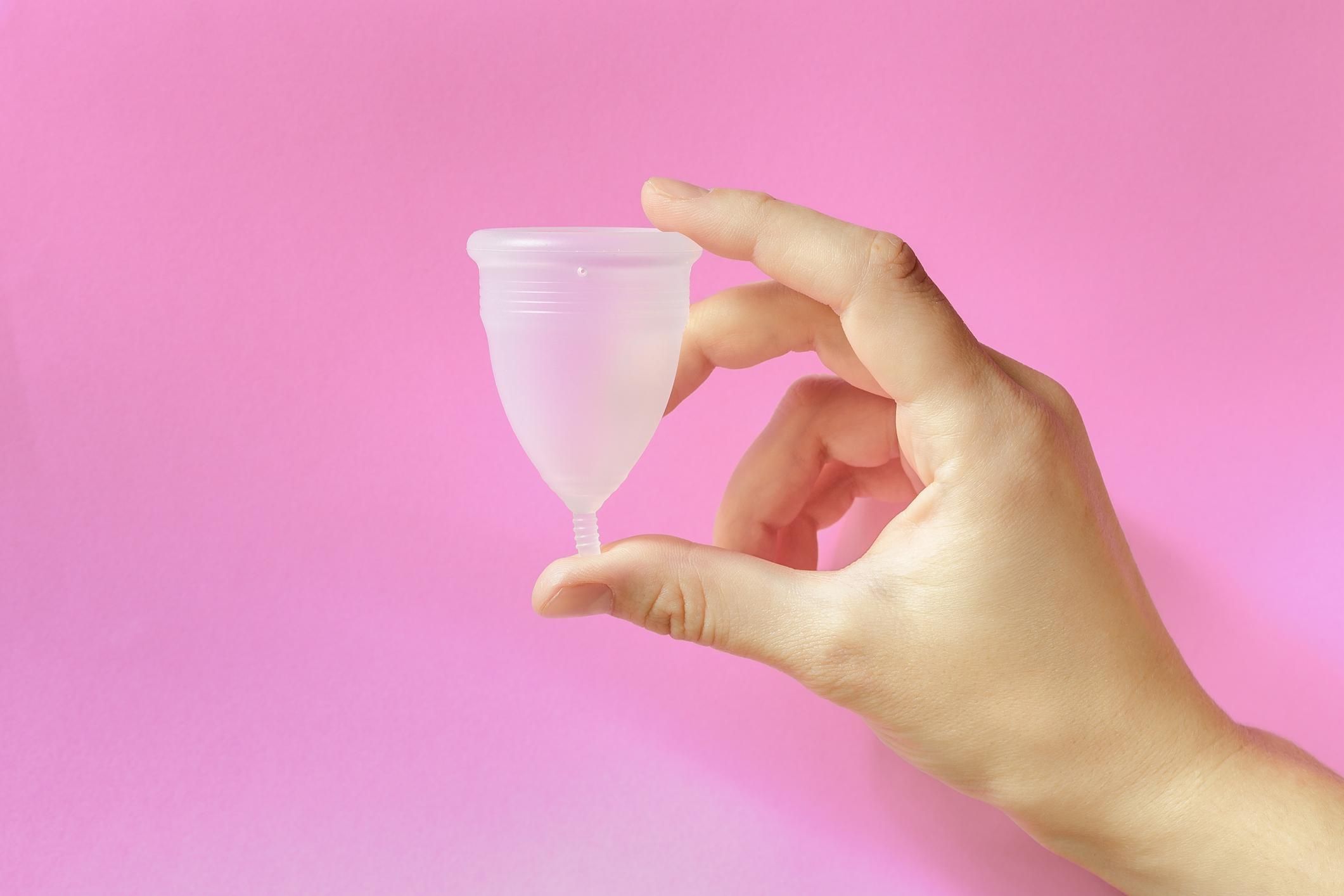Q:
A friend of mine uses a menstrual cup during her period. Can you explain what that is and what the advantages are of using one?
A:
There are two kinds of menstrual cups: The first is a soft, flexible cup that is worn internally, in the natural space under the cervix and behind the pubic bone, where it conforms to your body. You can wear it for up to 12 hours, after which it is thrown away and a new one is inserted. Other menstrual cups are bell-shaped and are inserted internally to form a suction seal once inside the vaginal canal. These are emptied, cleaned and reinserted. Both types of menstrual cups are designed to collect your menstrual flow rather than absorb it.
There are several advantages to both types of menstrual cups. Many women prefer menstrual cups because they can be safely worn for up to 12 hours, which allows women to use fewer disposable cups than sanitary pads or tampons.
The menstrual cup design and duration of use also means that women can continue to lead active lives. Cups can be worn during one's workday or while swimming, playing sports or doing vigorous exercise such as bicycling.
Soft, disposable menstrual cups are also the only feminine hygiene product that can be worn during intercourse while you have your period. However, do not use a menstrual cup for contraception. A menstrual cup does not protect against pregnancy or sexually transmitted diseases.
Another advantage of menstrual cups is the lack of odor because menstrual fluid is not exposed to air. Additionally, menstrual cups do not change the pH balance of the vagina or cause "micro-tears" in the vaginal lining as some tampons can, so there is little risk of the vaginal or bacterial infections.
Additionally, menstrual cups are safe options for use just before your period or if you're experiencing light spotting.
All menstrual cups currently marketed in the United States have been approved by the U.S. Food and Drug Administration as safe, and most are made of hypoallergenic, nontoxic, materials.
However, you should consult your health care provider before using a menstrual cup if you have an IUD inserted or if you have just had a baby, a miscarriage or an abortion. You may also consider speaking with your health care provider if you have been told you have a tilted uterus. If you've been advised to avoid tampons after a surgical procedure or other medical condition, you should also avoid menstrual cups.
This content was developed with the support of an educational grant from Instead Softcup.
- Your Daughter's First Period: How You Can Help ›
- Mistakes You're Making During Your Period ›
- What’s Normal When It Comes to Menstrual Bleeding? ›
- Tampons, Pads or Menstrual Cups? What's Right for You? ›
- What Is a Menstrual Cup and How Do You Use a Menstrual Cup? - HealthyWomen ›


